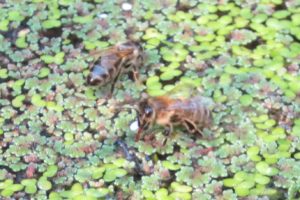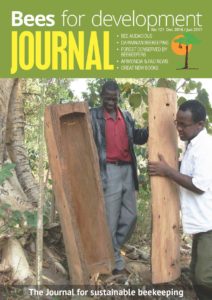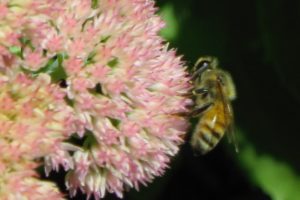Report Back – Stephen Martin
Potential Solutions
Stephen Martin
I like almost everyone else were not really sure how the ‘Bee Audacious’ meeting was going to work as this was a totally new format for any meeting I or most of the people had ever attended. However, I like almost everyone else became a fan and was impressed at the energy generated, new knowledge and respect gained for each other’s views. Most meetings become dominated by a debate over a single topic, such as pesticide use, Varroa control, or hygienic behaviour. Discussions often become polarised, with different people agreeing to disagree, but with no progress being made towards a possible solution. This did not happen at the ‘Bee Audacious’ meeting due to the dialogue not debate format of the meeting.
Everyone is concerned about the recent declines in bees both wild and managed, irrespective if they are a commercial beekeeper managing 10’s of thousands of hives or a person who keeps one hive just to watch them. Current pests like the Varroa mite and the viruses they transmit currently impact right across the entire spectrum of beekeepers, with commercial beekeepers having to treat more frequently than ever and urban beekeepers struggling to deal with increased mite reinvasion. But is a solution to such problems achievable?
The meeting format fostered a greater respect among all the diverse groups of people attending and a realisation of each other’s problems, and concerns. Having to discuss different topics each time among a different group of people, gave everyone a much wider view, rather than listening to one or two experts give a lecture. The layout of the various meeting rooms allowed new ephemeral groups to form and briefly chat on the way to and from the panel sessions, to be later followed up at meal times.

Professor, School of Environment and Life Sciences, University of Salford
The concerns and topics discussed throughout the meeting were familiar, but uniquely out of all the chaos of the individual meetings emerged potential solutions. To me, the most important one was the idea of forming a ‘North American Pollinator Alliance’ a topic that I chose to deliver at the panel discussion at Dominican University after the meeting. This audacious idea received unanimous support from the members of the audience including people from the Sierra Club and Wildlife services. There appeared to be a real appetite for this audacious idea, despite the massive size of the task that lies ahead. However, if realised getting the importance of pollinators realised at the highest level will help reduce the impacts on habitat loss and effects of pests while highlighting the role and importance of pollinators.
Was the ‘Bee Audacious’ meeting the small acorn from which a great oak tree (idea) grew, only time will tell.

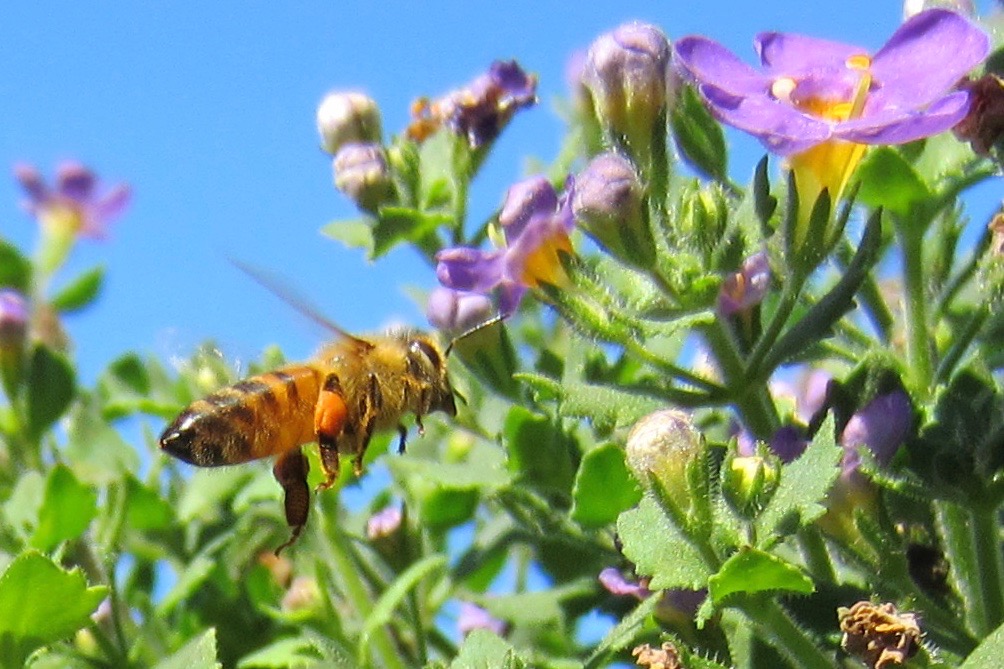
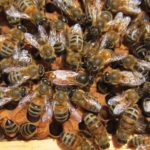 Next Post
Next Post